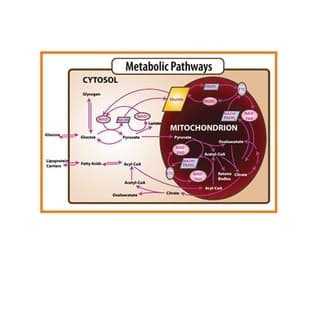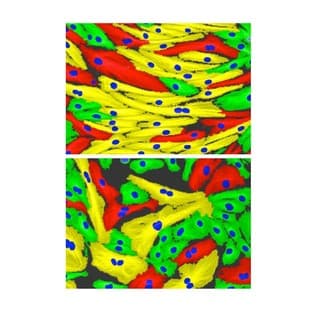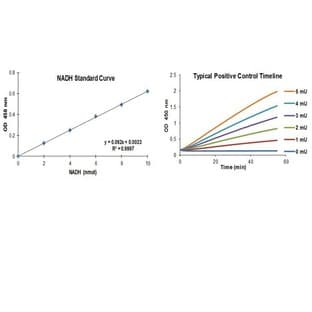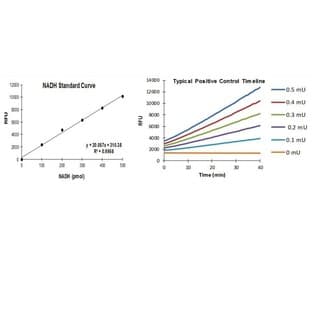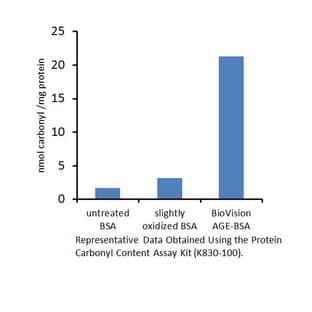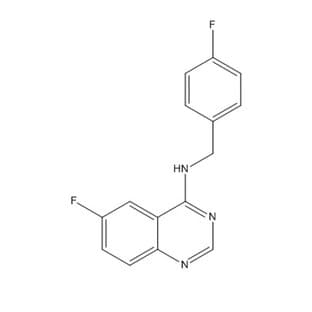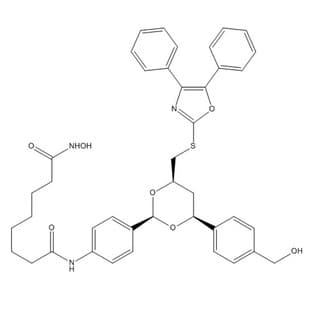
Supplier:
Alomone Labs Limited.Cat no: T-650
BUY Thapsigargin
Thapsigargin, derived from the plant genus Thapsia is an extremely tight-binding inhibitor of intracellular Ca2+пїЅpumps. It was initially described as a tumor promoting agent which induces rapid Ca2+пїЅrelease from intracellular stores by inhibition of the sarcoplasmic/endoplasmic reticulm Ca2+-dependent ATPase pump without inositol phosphate formation. The thapsigargin induced depletion of Ca2+пїЅstores causes apoptosis in most cell lines. It has also been shown to cause histamine secretion from rat mast cells, and to stimulate arachidonic acid metabolism in macrophages. Its tumour-promoting function probably results, at least partly, from cytotoxicity, causing a wound response in skin. The tumorogenic activity of thapsigargin might be due to its activation of protein kinase B (Akt) which subsequently stimulates MAP kinase signaling via Src and Raf-1. Cell Signaling Activators and Inhibitors; Apoptosis Inducers, Cell Ca2+ Signaling > Intracellular Ca2+ Mobilizers
Prices direct from Alomone Labs Limited.
Quick response times
Exclusive Absave savings/discounts
Latest promotions
Buy any polyclonal or monoclonal antibody from our extensive range of pre-made antibodies and for a limited time only receive a $50 discount!(T&C apply:...
New brilliant antibodies, and new lower prices!For flow cytometry reagents in general, \"bright is better.\" The violet-excitable BD Horizon™ BV421 and...
10% Discount on 2 Rabbit Polyclonal Antibody Service. With over 20 years experience, SDIX has developed into the premier US custom antibody producer,...
For the past decade scientists have extensively used ATS secondary toxin conjugates to make their own targeted toxins for in vitro use.The ability to combine...
We're so sure that you'll prefer Cayman Assay kits over your present brand that we're willing to give you a free assay kit to prove it!
Did your supplier increase the price of Fetal Bovine Serum? Did they substitute the US Origin with USDA? Well say no more! Innovative Research is still...
Bulk Cytokines with Custom Vialing.20 - 50% off cytokines, growth factors, chemokines and more...For a limited time Cell Sciences is offering substantial...
Are you planning to have a customised antibody made for your research?Since 2000, Everest has been producing a catalog containing thousands of affinity...
Top suppliers
Agrisera AB
11 products
Biotrend
Biosensis
969 products
ABBIOTEC
3011 products
SDIX
1 products
Spring Bioscience
2291 products
Cell Signaling Technology
4976 products
Rockland Immunochemicals, Inc.
7592 products
Boster Immunoleader
1533 products
OriGene Technologies Inc.
5281 products
Maine Biotechnology Services
227 products
BD (Becton, Dickinson and Company)
1 products
ABNOVA CORPORATION
Randox Life Sciences
1502 products

